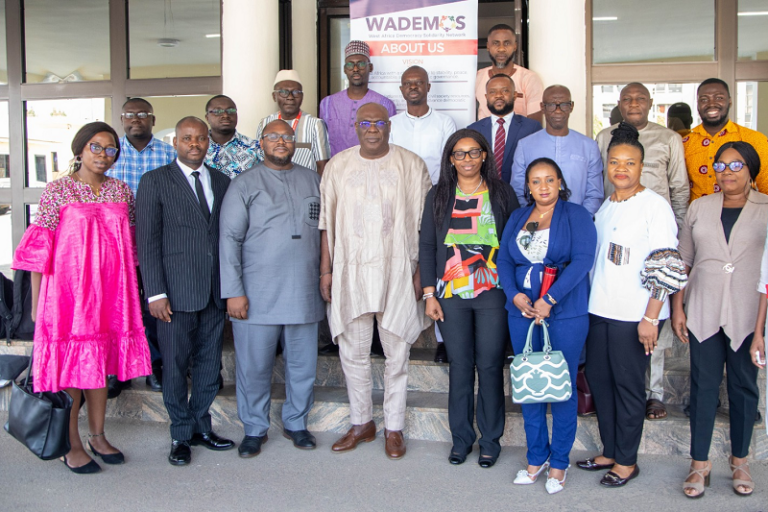

critical elections in sierra leone economic struggles and political rivalry
On Saturday, citizens of Sierra Leone are heading to the polls to vote in hotly contested presidential and legislative elections. These elections take place in the midst of worldwide pleas for peace and a crisis in the cost of living that helped spark violent riots last year. The West African nation’s economy, which had never fully recovered from the economic toll of a civil war that lasted from 1991 to 2002 and an outbreak of Ebola a decade later, took additional damage as a result of the COVID pandemic and the impact of the conflict in Ukraine.
There are thirteen candidates, including twelve males and one woman, vying for the presidency, with Samura Kamara of the All People’s Congress (APC) party emerging as the most formidable opponent to the current president, Julius Maada Bio. In a runoff election in 2018, Bio of the Sierra Leone People’s Party (SLPP) defeated Kamara, and the two will now compete against one another once more.
In this import-reliant West African nation of eight million people, rising food prices are a primary concern for a significant portion of the electorate. Annual inflation reached 43% in April, according to the most recent data that the government has made public. Both Bio and Kamara have stated to AFP that increasing agricultural output will be a top priority for them.
According to a representative for the electoral commission, there are approximately 3.4 million people who are registered to vote, and 52.4% of those voters are under the age of 35. The polls will be open from 7:00 a.m. to 5:00 p.m. (1700 GMT), when they will close. In order to win the first round of voting for president, contenders need to earn 55 percent of the valid votes cast. The participation rate in the most recent three elections fell between 76 and 87 percent.
After a decision was made at the last minute to transition from a first-past-the-post system to a proportional representation system, voters will also elect members of parliament and local councils using the proportional representation system. A new gender legislation was just recently enacted, and one of its requirements is that one-third of all candidates be female. Independent candidates and members of minority parties will have a more difficult time winning seats in parliament because of the new vote threshold of 11.9 percent.
Many people in Sierra Leone vote depending on their devotion to their respective regions. The bulk of voters in the south and east traditionally support the party that is now in power, the SLPP. The APC, which is in opposition, typically receives the votes of the majority of individuals living in the north and west. It is a prevalent belief that areas of the country whose politicians have political power will experience an influx of economic opportunities.
During his first tenure as a civilian leader, Bio, 59, a former leader of a coup in the 1990s, has advocated for education and the rights of women. Former Foreign and Finance Minister Kamara, who is now 72 years old, has criticised the Electoral Commission for what he claims to be their bias in favour of the ruling party.
The prosecution against him, which he claims is politically motivated, is going to take a long time because it is based on charges that he stole public money while he was serving as foreign minister. According to the results of a poll conducted on June 14 by the Institute for Governance Reform (IGR), a partner organisation of the pan-African survey organisation Afrobarometer, Bio is expected to receive 56 percent of the vote, while Kamara will receive 43 percent.
The results of another poll, which was carried out by the publication Sierra Eye and two local data groups, indicate that the incumbent will receive 38 percent of the vote, while his primary opponent will receive 25 percent. On Thursday evening, supporters of both candidates were urged to exercise their right to vote in a manner that was both peaceful and responsible.
People in West Africa, a region that has experienced numerous coups and unrest in recent years, are closely monitoring the elections. After hearing stories of “aggression” related to the election, a number of ambassadors from other countries issued a united statement on Wednesday calling for peace. Wednesday saw violent clashes between security personnel and members of the opposition APC in the capital city of Freetown.
Also Read:- Senegal’s Sonko sues Sall in France for ‘crimes against humanity
During the course of the election, Amnesty International and Reporters Without Borders have requested that the government preserve the freedom of expression as well as the freedom of the press. At least 27 people and six police officers were killed during the riots that occurred in August of last year. Campaigns of misinformation spread via the internet have contributed to the violence.
The cricket authority in Zimbabwe will organize matches between top international teams in a major cricket event expected to succeed…
In 2025 the South African Social Security Agency (SASSA) announced its designated dates for social grant payments that benefits millions…
Africa is taking big steps by entering the global green technology manufacturing market to stop being just a supplier of…
Two mobile telecom leaders, MTN Group and Airtel Africa, joined forces to create a new digital infrastructure system throughout African…
South African President Cyril Ramaphosa defended his nation against claims of white discrimination made by tech magnate Elon Musk. After…
Hilton launched Signia by Hilton for its first appearance in Egypt and Africa through its hotel expansions. These hotels at…
This website uses cookies.